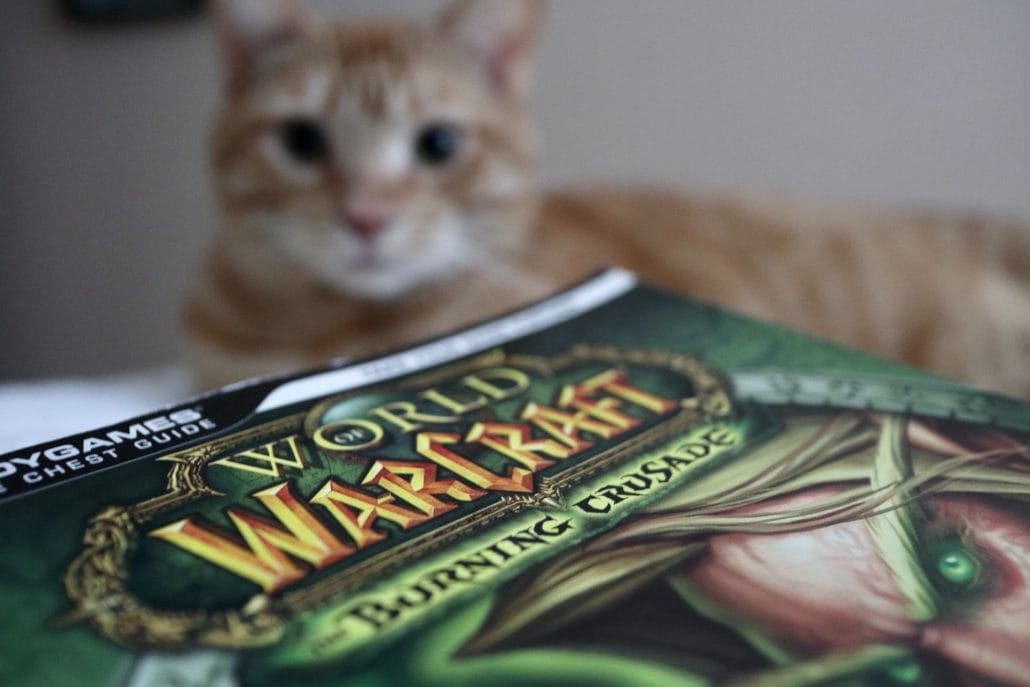End of 2022, one of the main architects of the web’s decentralized future, Vitalik Buterin, joined BANKLESS podcast hosts Ryan Sean Adams and David Hoffman to unpack his essay what excites him in the Ethereum ecosystem and his thoughts around why crypto villains are getting worse, what Ethereum’s most scalable use case is, why he plans to say «Ethereum» rather than «crypto» in 2023, how Ethereum solves the big bad identity problem, and why he thinks «simple DeFi good, complicated DeFi bad».
Vitalik’s 2022 Crypto Reflections
Despite a complicated year marked by multi-billion dollar blowups, Vitalik highlighted numerous positive developments, such as the successful Ethereum merge to proof-of-stake, which greatly reduced energy consumption and improved usability. He also mentioned the progress in zkEVM technology and the growing adoption of «Sign in with Ethereum» as major advancements.
He praised the role of cryptocurrencies during Ukraine’s invasion, serving as a lifeline for the country and its people. He also acknowledged the continued adoption of crypto in Latin America and its growing use for philanthropic purposes. While 2022 saw significant challenges, he emphasized the importance of remembering the impressive technological and adoption achievements made throughout the year.
Was 2022 More Unusual?
Vitalik discusses the ups and downs of the crypto market, comparing 2022 to previous bear market years. He highlights the significant technological progress that occurs during post-peak periods and the opportunities for real work to be done. He also mentions how the crypto community’s attitudes and strategies need to evolve as adoption increases.
He explains that while the crypto community has been successful in going from 0.1% to 10% adoption, reaching 70% adoption requires a different approach. He believes that the volatile and risky nature of the current crypto space is not conducive to mainstream adoption. To achieve broader success, the community needs to focus on stability, reliability, and a more inclusive strategy.
Esperanto, Linux and the Internet
Ryan asks if it’s possible for the crypto market to remain stuck in the 0 to 10% adoption niche. Vitalik responds to this question by comparing its potential adoption to Esperanto, Linux, and the Internet. He mentions how the adoption roadmap for Esperanto went nowhere despite its technical beauty, while Linux found success in specific industries and the Internet became ubiquitous. He notes that the outcome for cryptocurrencies, like Ethereum, depends on how hard the community works and what it tries to do.

Vitalik also suggests an experiment of using the word «Ethereum» more and «crypto» less, to avoid implicitly allying with any project just because it is a cryptocurrency. He emphasizes the importance of being able to define what is part of the Ethereum space and what is not, rather than associating with an ungovernable commons like the crypto space, which has no barrier to entry.
Honoring Core Values
It is important of adhere to the core principles of the crypto space in order to maintain its honorable reputation. These principles include decentralization, openness, self-custody, and transparency. Vitalik believes that some projects, such as FTX and Terra, have compromised these values by trying to integrate with mainstream practices, leading to their eventual failure. On the other hand, projects like Uniswap, DAI, and Ethereum’s base layer have succeeded because they have remained committed to these core principles.

Vitalik suggests that both crypto-positive and crypto-negative perspectives agree on the importance of staying true to these values. He emphasizes the need to focus on projects and initiatives that are genuinely blockchain-oriented, open, decentralized, and trustless in order to maintain the integrity of the crypto space. As the industry moves forward, it is crucial to learn from the experiences of 2022 and avoid repeating mistakes by doubling down on projects that embody the fundamental values of the crypto world.
Cryptocurrency’s Edge Over Traditional Banking Systems
There has always been a contradiction in the Ethereum space between wanting to be more than just money and the reality that cryptocurrency as currency is far more proven than other use cases. Vitalik believes that simple DeFi is good, while complicated DeFi is bad. The most important applications in the DeFi space are the ones that provide clear utility to people. He argues that newer DeFi projects are often obfuscated and unsustainable, relying on short-term performance at the expense of long-term value.
Vitalik is still bullish on simple DeFi and the money use case, explaining that cryptocurrency is more efficient than the existing banking system for medium-scale investment, security donations, and international transactions. He suggests that there are structural reasons why cryptocurrency is better at operating as a frictionless international system compared to traditional banking systems and remains uncertain about whether central bank digital currencies (CBDCs) will be able to compete with cryptocurrencies in this regard.
Opportunities: Wallets, Stablecoins, and Identity Systems
Vitalik highlights how cryptocurrency can offer a more stable and efficient alternative for people in countries with unstable fiat currencies and unconnected financial systems. He believes that the most interesting work in cryptocurrency will come from the developing world and from industries that are deplatformed by banks and payment systems.

He also mentions the potential opportunities in creating wallets, stablecoins, and identity systems, but acknowledges that these opportunities are harder to build and require more effort than in the past. The conversation suggests that although there may be fewer low-hanging fruit opportunities in the DeFi space, there are still significant opportunities for those willing to put in the hard work.
Innovation in Governance Structures
Vitalik believes that while blockchain identity has potential, he remains bearish on blockchain identity platforms due to their abstract nature. He highlights the importance of Ethereum wallets and the role they play in blockchain identity.
He also shares his views on DAOs (Digital Autonomous Organizations) and their ability to replace corporations. He believes DAOs are more likely to replace other organizational forms, as corporations benefit from the ability to pivot and set up regular infrastructure. He envisions two main architectures for DAOs: one that focuses on a multisig of seven people for open and spontaneous collaboration patterns, and another that aims to create something very credibly neutral and able to resist takeover attacks for important, long-lasting projects.
He sees the need for innovation in the governance structure of DAOs and the importance of non-financialized governance to resist attacks from token holders or bribes.

Hybrid Apps, Scaling, and Regulation
Vitalik explains that hybrid applications are centralized services that use blockchain commitments to ensure honesty and constrain behavior. He touches on the challenges of scaling and privacy, as well as the importance of supporting meaningful projects in the long term. He emphasizes the need to work with regulators worldwide to create a supportive environment for innovative projects and to continue exploring the application space.
Turning Gas into Mana
In the final part of the conversation, Ryan and Dave discuss with Vitalik the possibility of turning gas into mana within Ethereum. Vitalik suggests that this could potentially be done in the context of multi-dimensional EIP-1559, which has separate limits for computation, data, and storage operations. The conversation then touches on Vitalik’s World of Warcraft background and how Ethereum has evolved. The podcast ends with recommendations for listeners to read Vitalik’s article on what excites him in the Ethereum application ecosystem and another article by Astral Codex Ten on being less hostile to cryptocurrency. The hosts remind listeners that none of the information shared is financial advice and that investing in Ethereum carries risks.

Credits
- Main picture generated with Midjourney AI with the following prompt: a manga style interpretation of a world that has embodied the principles of decentralization, openness, self-custody, and transparency –ar 3:2




Schreibe einen Kommentar